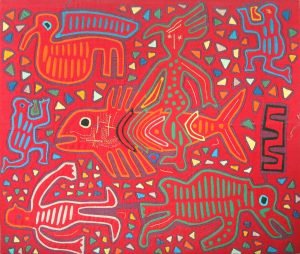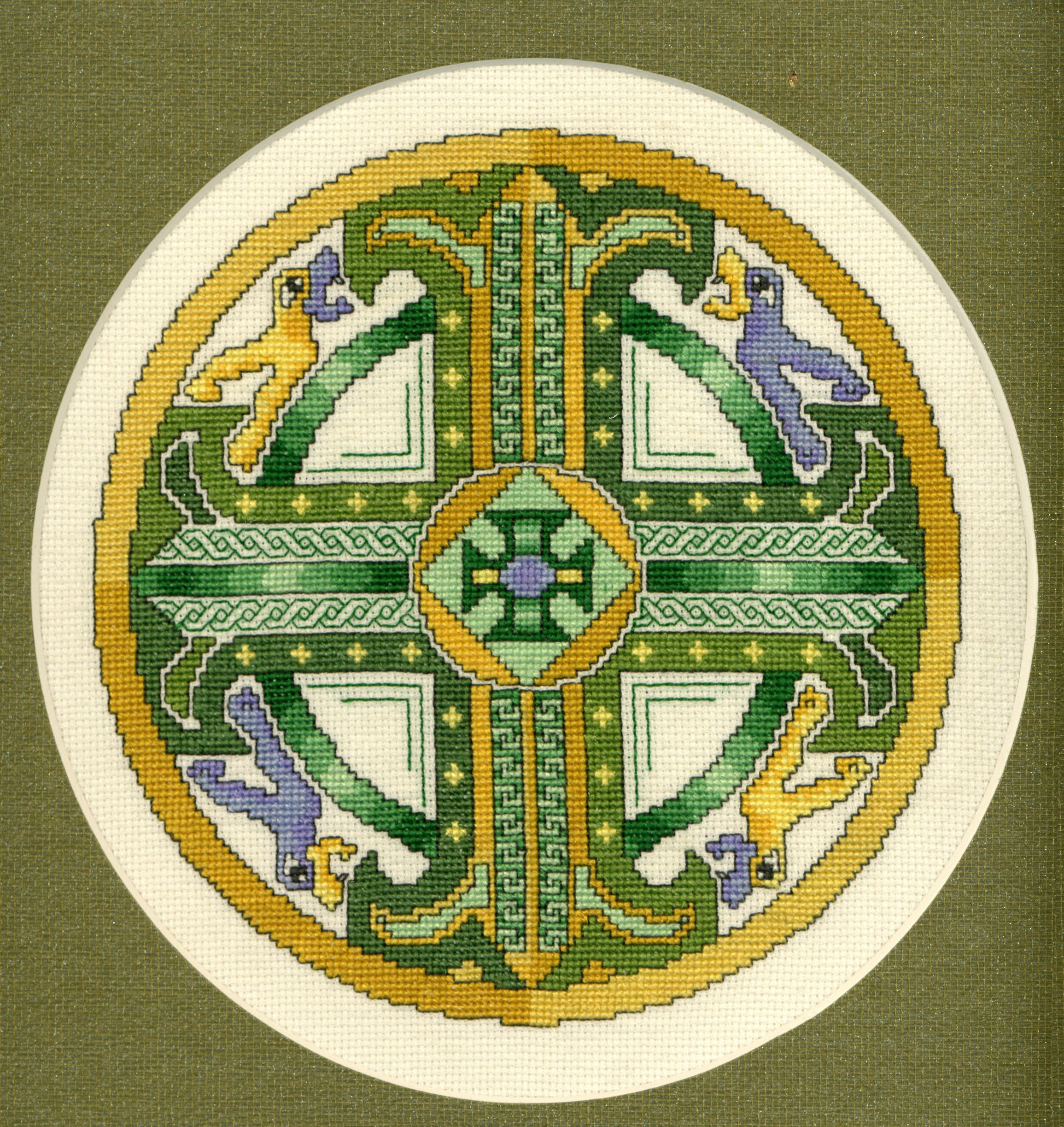Spiritual Mentoring
The first half of life is devoted to forming a healthy ego, the second half is going inward and letting go of it.
—C.G. Jung


Photograph by Rex Walden, used with permission
Sometimes it is hard to find your spiritual direction. There is a hole, a missing piece, but no obvious path to filling it. As a certified pastoral counselor and Minister Emeritus of First Church, Guilford, who shared an interfaith Bible study with Rabbi Hesch Sommer for 12 years, I am well equipped to help you recognize and grow more fully into the image of God distinctively within you. For those who are interested, Jungian analysis can also take the form of spiritual mentoring.
C.G. Jung’s approach leaves room for our soul. Psychology literally means the science of the soul. While not a follower of organized religion, Jung understood that that the spiritual aspects of the human psyche were fundamental to meaningful human existence. He emphatically concluded: “Among my patients in the second half of life—that is to say, over thirty-five—there has not been one whose problem in the last resort was not that of finding a religious outlook on life. It is safe to say that every one of them fell ill because he had lost what the living religions of every age have given their followers, and none of them has been really healed who did not regain his religious outlook.”
The spiritual point of view is particularly pressing as we enjoy the second half of our lives. In the first half of life we claim our place in the world, strengthening our ego and using our personality to provide us with the necessities of life. In the second half of life our individuation process takes two paths. First, is the move toward wholeness. We move beyond the easy and natural inclinations of our earlier life, we enlarge our original typology. Secondly, ego moves aside a bit to be open to the greater and enlarging wisdom of the Self. Jung was asked if he believed in God. Without hesitation he replied, “I don’t believe, I know.” Jung was not talking about the transcendent God, but the spark of God that lives within each of us, traditionally called the Imago Dei. The image of God within us can easily be identified with what Jung identifies as the Self.
The dream is a little hidden door in the innermost and most secret recesses of the soul, opening into that cosmic night which was psyche long before there was an ego-consciousness, and will remain psyche no matter how far our ego-consciousness extends.
—C.G. Jung

The Mandala is a universal and ageless symbol of centering and wholeness
Links
- Mercy Center offers a beautiful, ecumenical setting on the Madison, CT shoreline for retreats, spiritual and psychological programs: www.mercybythesea.org
- Wisdom House offers interfaith programs and retreats in Litchfield, CT: www.wisdomhouse.org
